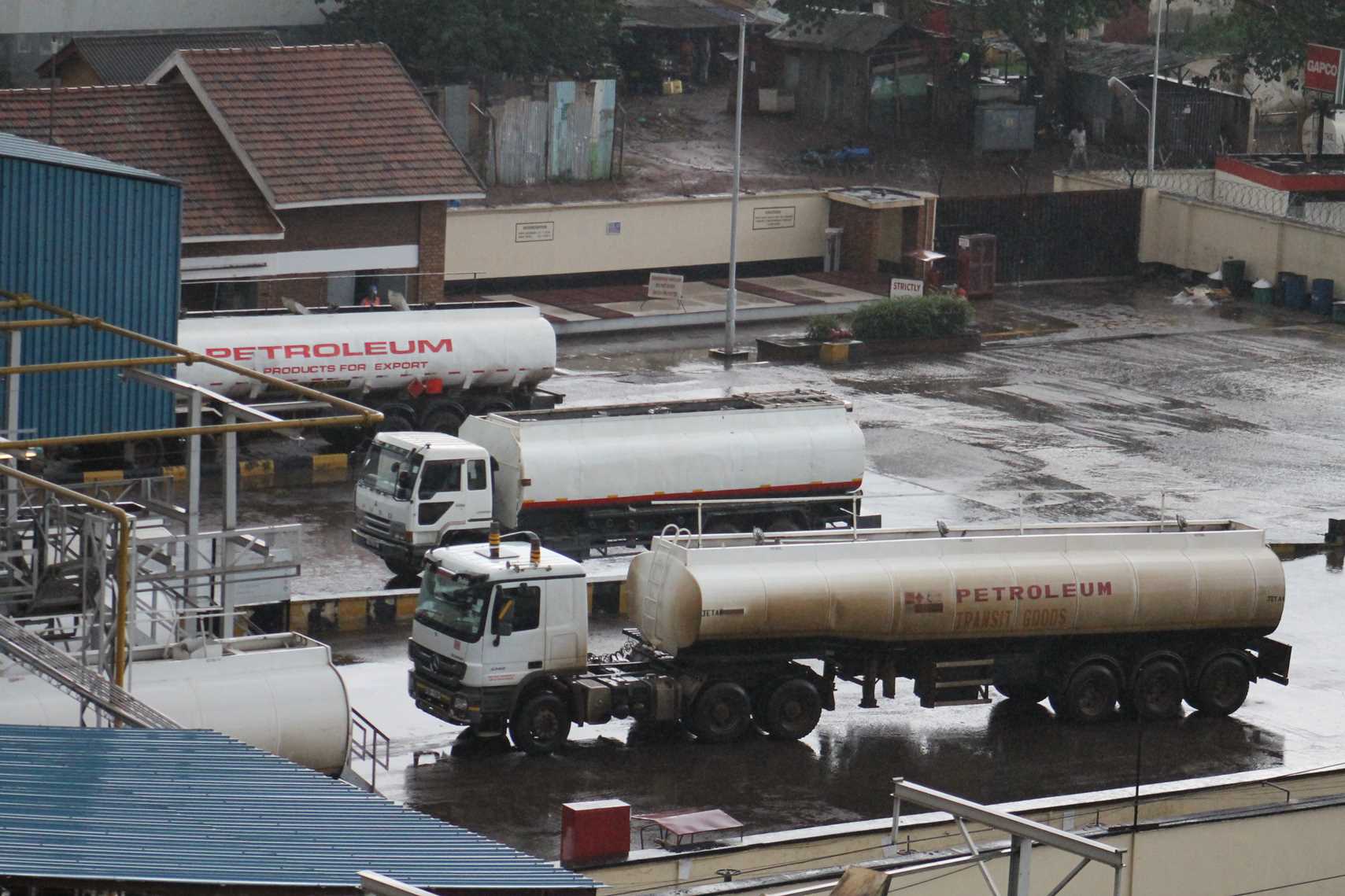If the announcement of oil production licenses, to the most credible consortium likely to commercialize Uganda’s oil find, had arrived two or three- or even five years ago, the accompanying euphoria could have served as the desperate morale boost that the government currently needs.
Instead this significant announcement made this week passed with little fanfare.
For a decade now since the discovery of oil in 2006, the administration has relied on the rhetoric of oil as an opportunity to transform Uganda – most recently into “ a middle income country”. Perhaps not without cause now, this promise that “our oil” will fix Uganda’s growing roster of problems is worn out. It is like the praise singing of a certain cook’s culinary magic to a camp of hungry mouths pitched outside the kitchen. The visions of gourmet heaven, the tingle and dash of this dish and that masala diminish with each passing minute the food remains but a promise behind the kitchen wall. Pretty soon all that remains is the reality of the grey wall.
Just as well.
In the early days pundits (and there were many) fell over themselves to warn about the dangers of mass excitement over oil. It was the political equivalent of demonic possession they claimed. People with no piped water or sandals, whose main asset was the hand hoe, good health and normal passions would suddenly see themselves in Gulf Stream jets – pretty blondes from Eastern Europe serving them champagne by the bottle – they may have warned. The mass hysteria may have passed over like a false cloud cover in the dry season.
But it is just as well.
It was always important for the bare grey brick wall of the actual effort to commercialize oil to remain in full public view. This is better because the real effort was as important a lesson to the eventual use of that oil within the context of Uganda’s many problems. A decade since the country grew impatient, then tired and hopefully indifferent about what oil means for the future it has instead been educating itself, mostly through political tension, on the growing inequality especially within the cities and the poor condition of common goods and services.
As for oil, my view then and now there would be no curse of plenty – where there was plenty of information and perspective about the real challenges of the times. It has helped that the plentiful promise of oil remained pregnant underground. There are still those who have dreams of gourmandizing and display their immature hedonism in exaggerated consumerism but where the country pines for a more realistic vision –they are passed by like the over dressed guests at the business cocktail.
Unemployment – a rather terrible indictment (it is like a national “we are stupid” bumper sticker), because a country with many problems and a large labour force should consider itself lucky, now stalks the country with the ominous presence of a vulture mocking the starving.
Before the production licenses were announced – a smaller event (of the minister announcing her intention to issue the licenses) passed with equal puff. In fact some oil executives simply shrugged their shoulders and prepared for yet another meeting on the last details of their demands on the agreement. There was a time when they would scramble to book hotel space to stage fanfare about how large their investment was and how lucky Uganda would be to earn so much from oil.
The champagne parties will likely be smaller now as the task at hand – getting oil to the market in the present conditions makes its on weight felt. In the government there is some realization of how precarious squandering opportunities for growth means not just politically but practically. Tax revenues are down and debt is unsustainable. When oil was discovered pundits talked up Uganda as the next Singapore – and regime supporters rushed to re-read Lee Kuan Yew’s from Third World to First. On some desks now – more practicable management books may be found.
Just as well.
For more on Uganda’s oil and energy sector
visit petroleum.go.ug










